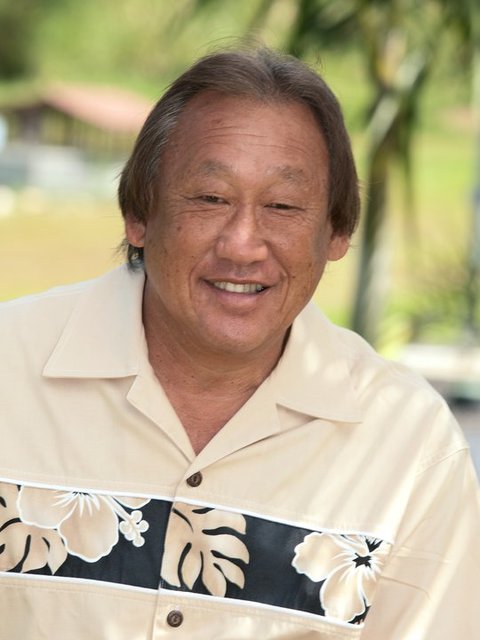The state Public Charter School Commission needs to improve communication with the schools it oversees and better hash out its strategic vision. ADVERTISING The state Public Charter School Commission needs to improve communication with the schools it oversees and better
The state Public Charter School Commission needs to improve communication with the schools it oversees and better hash out its strategic vision.
That’s according to findings of a Tuesday report by a state Board of Education investigative committee, tasked last year to conduct a special review of the commission after complaints from several charter school leaders.
The commission, created in 2012 as part of a statewide charter school system overhaul, currently is Hawaii’s only charter school authorizer. It maintains a performance contract with each school and decides whether to approve new charter applicants.
The BOE oversees the commission. At least 15 of 34 charter schools statewide are located on Hawaii Island.
The report says the commission’s major deficiencies are:
• A lack of a strategic vision or organizational goals.
• A lack of a system for regular self-evaluation.
• Poor communication.
• Unclear standards and conditions for charter contract renewal.
• Not protecting school autonomy.
The special review included a survey, a public hearing and interviews with charter school leaders aimed at investigating the complaints and a “seeming disconnect between the perceptions of (charter school) leaders and those of the commission,” according to previous BOE meeting materials.
Many of those charter leaders interviewed said they’d experienced a “lack of an adequate systemic support for charter schools,” Tuesday’s report states, and many also felt an “us versus them” mentality with the commission and its staff.
“It is important for the Commission to understand how it is being perceived and why and to take steps to build and repair relationships to begin changing perceptions,” the report says.
Some school leaders also said they did not feel “respected or trusted to run their school,” the report continues, and “others noted that compliance should be applied in a way that is positive rather than punitive, especially when the threat of school closure is always looming.”
The commission also should work with the BOE to identify “the role charter schools play in the greater public education system” which will “create a mutual understanding among all stakeholders as to why charter schools exist.”
“The commission … has some well-developed processes and qualified personnel who should be able to develop solutions to address many of the identified weaknesses,” the report says.
Steve Hirakami, director of Pahoa-based Hawaii Academy of Arts and Sciences and is among charter leaders who complained about the commission in the past, said in testimony submitted this week he hoped the report would spur a better relationship with the commission. Hirakami said “communication and collaboration” already had “greatly improved.”
The investigative committee gave the commission an overall “partially meets” rating. It recommends the commission submit corrective action plans to address deficiencies and report to the BOE regularly on its progress.
The board will take action on recommendations at its meeting later this month.
Email Kirsten Johnson at kjohnson@hawaiitribune-herald.com.



